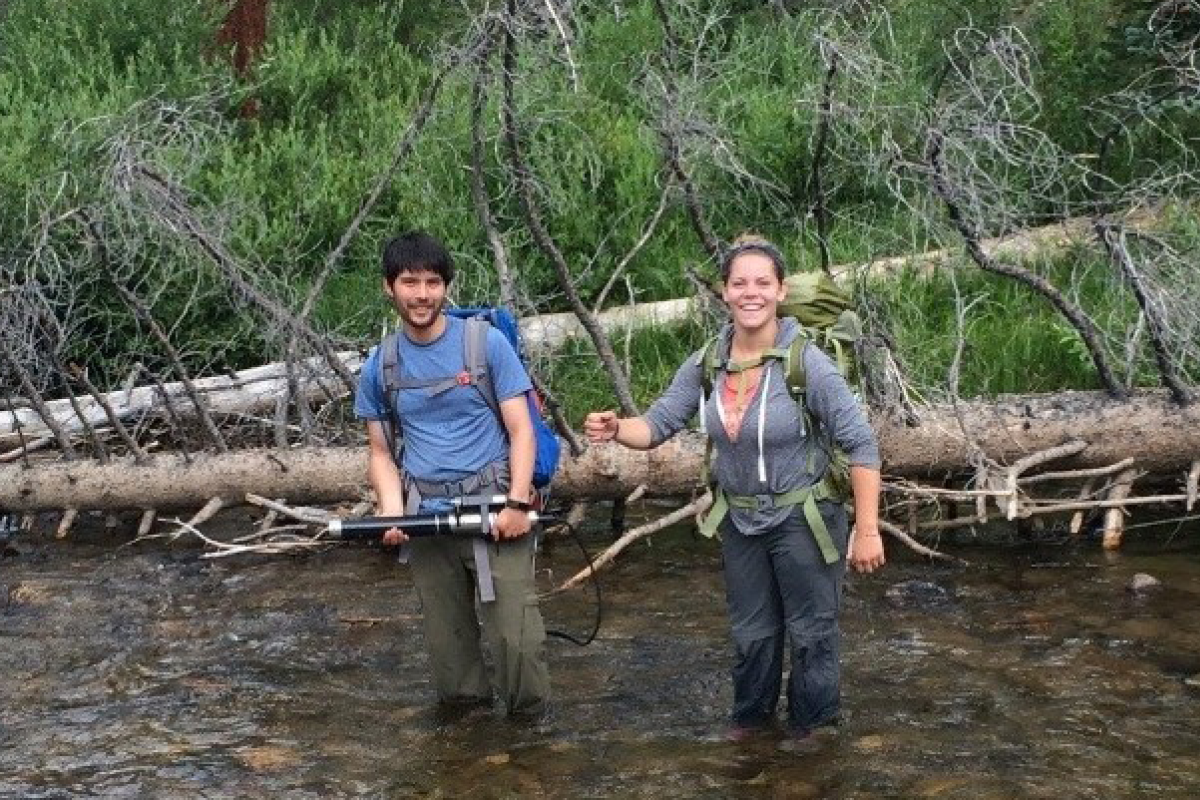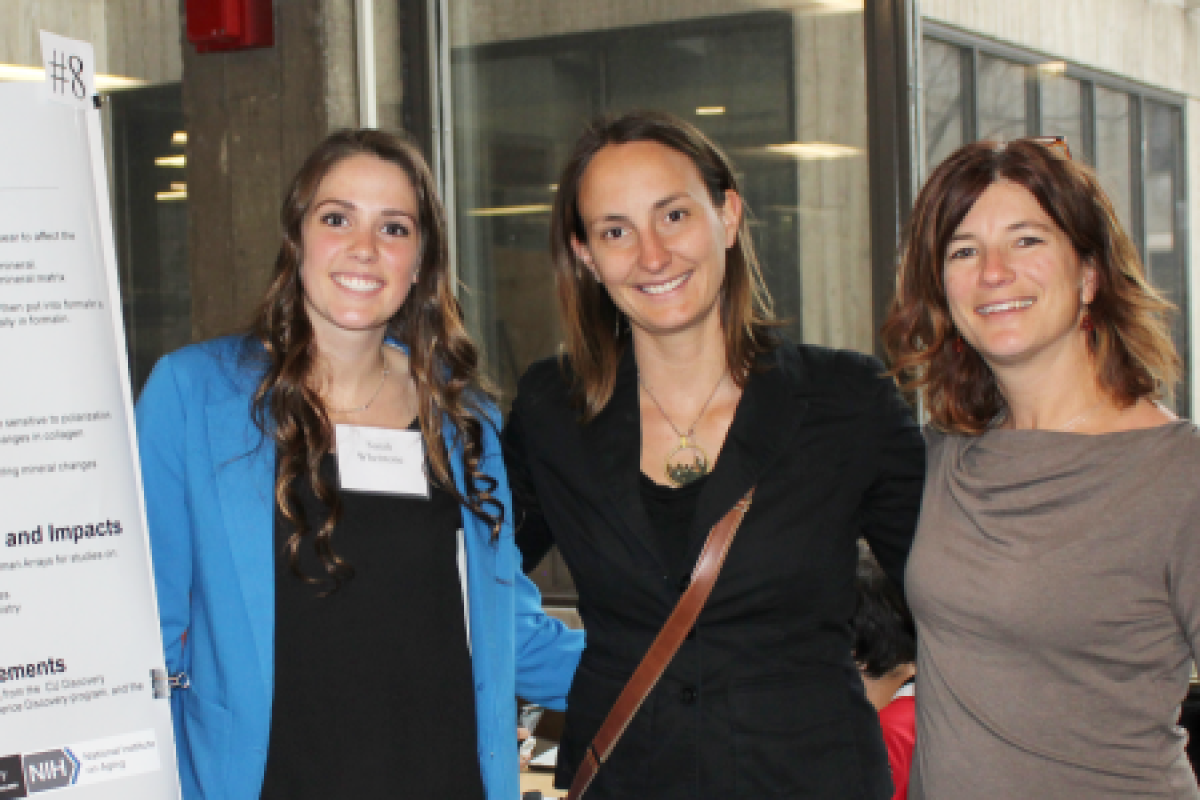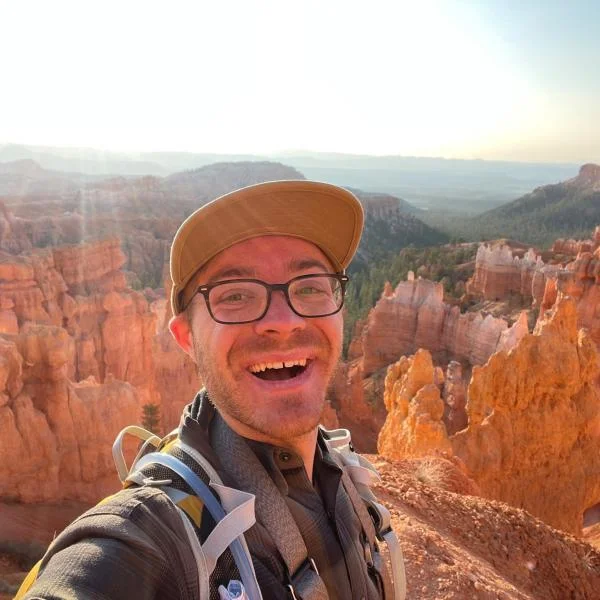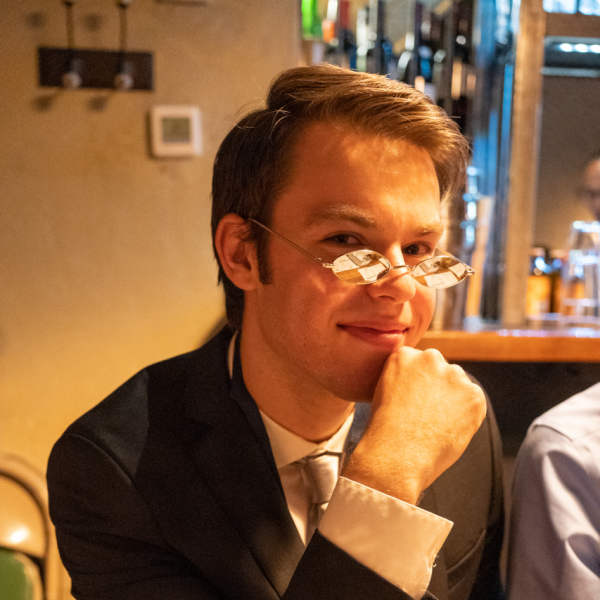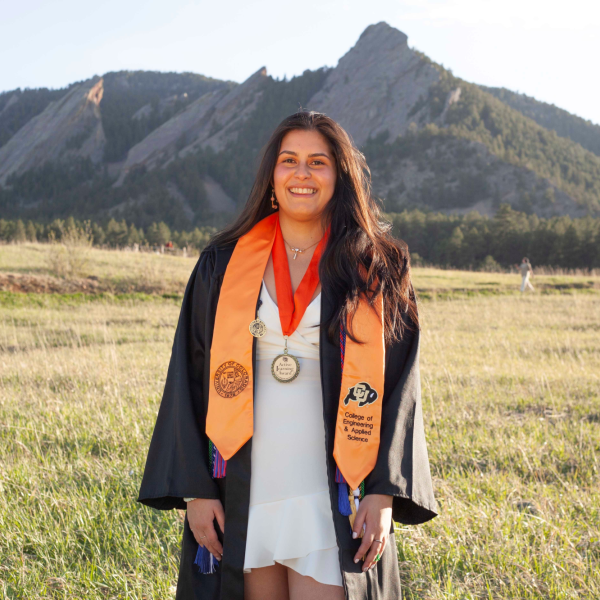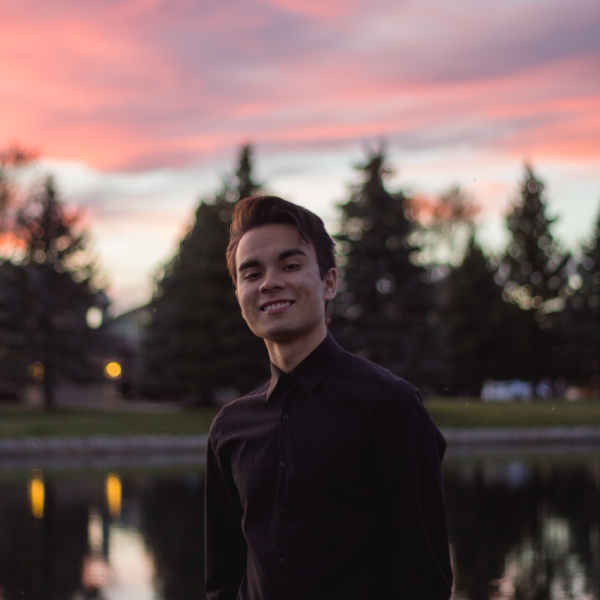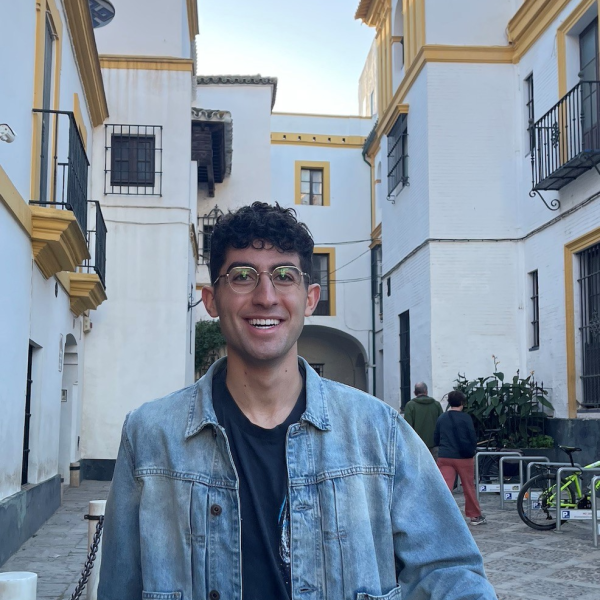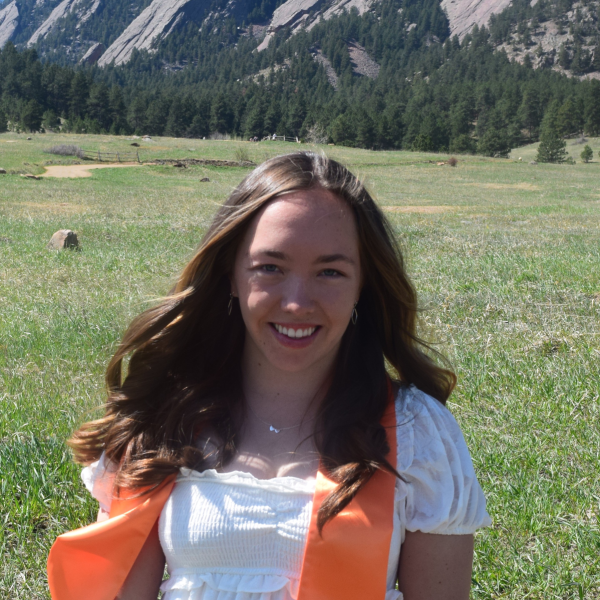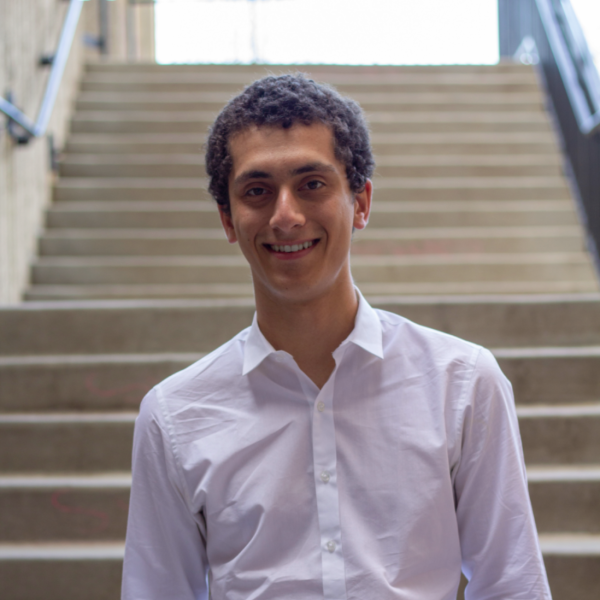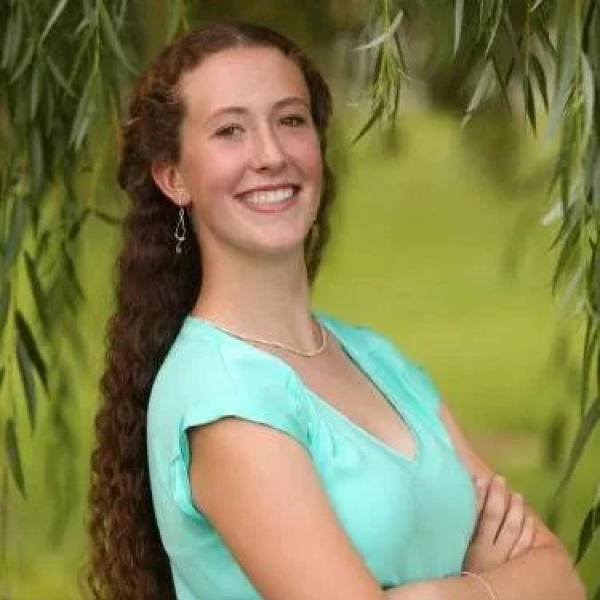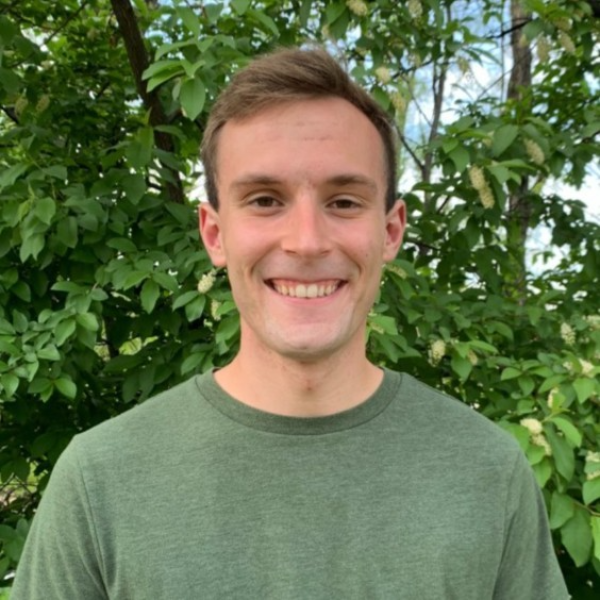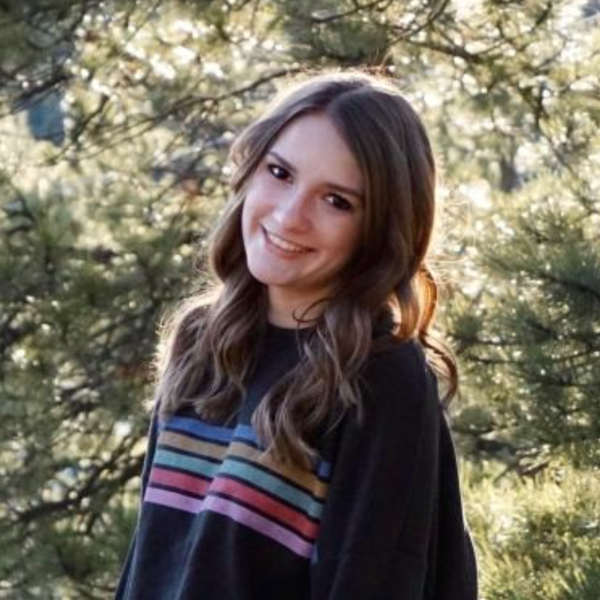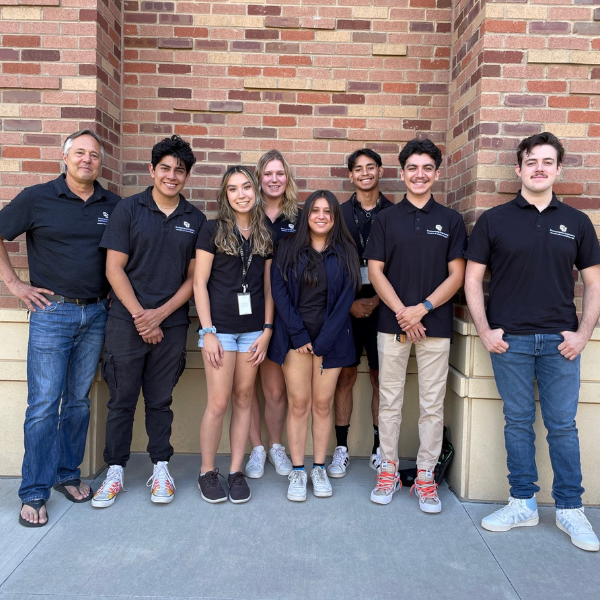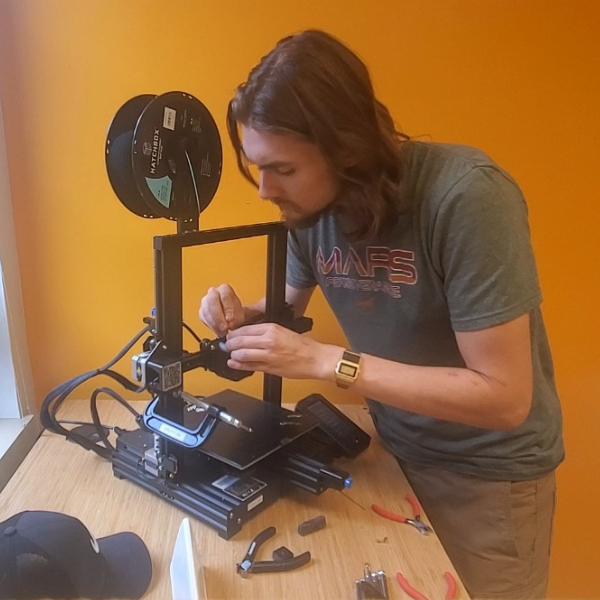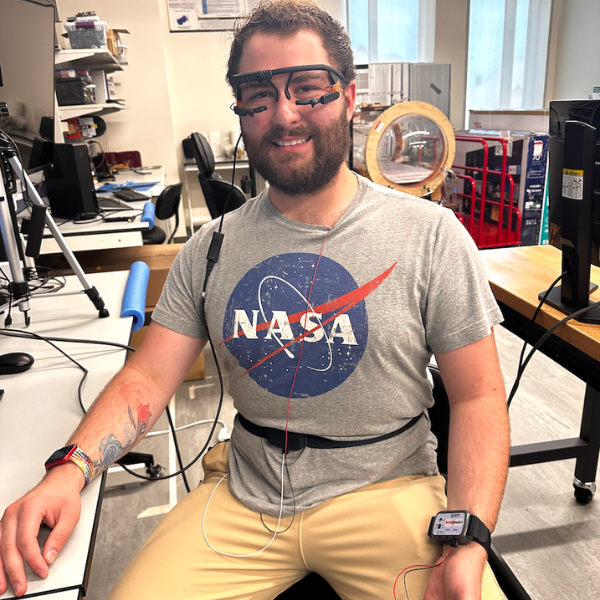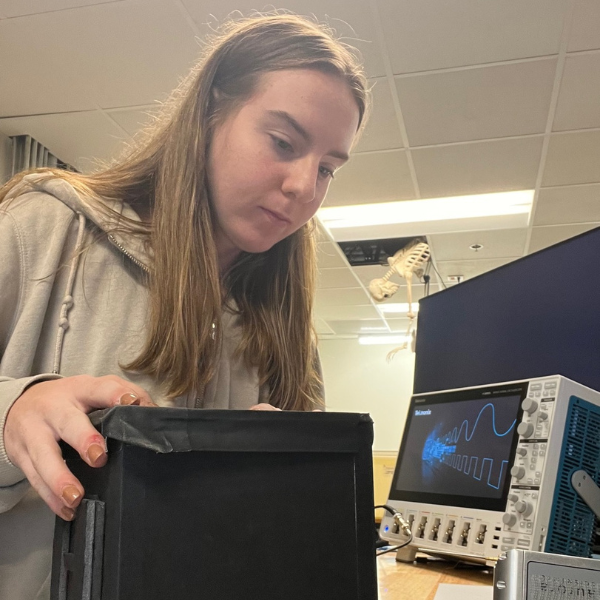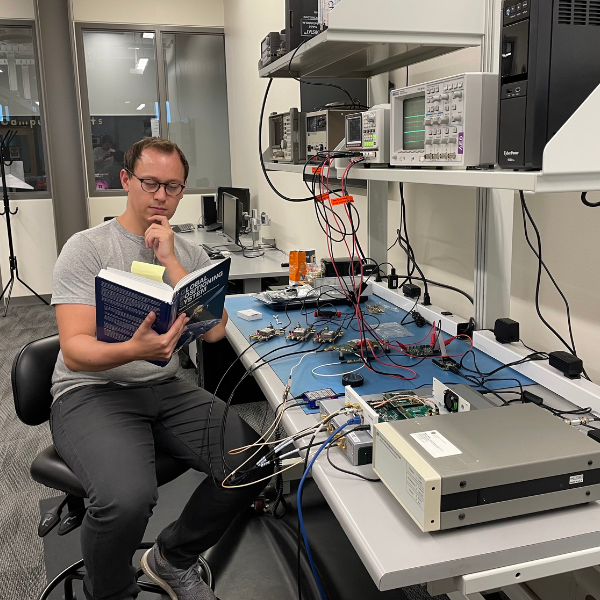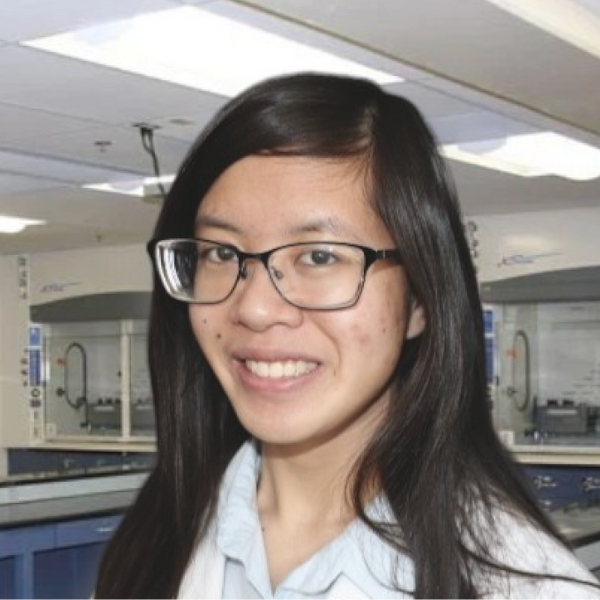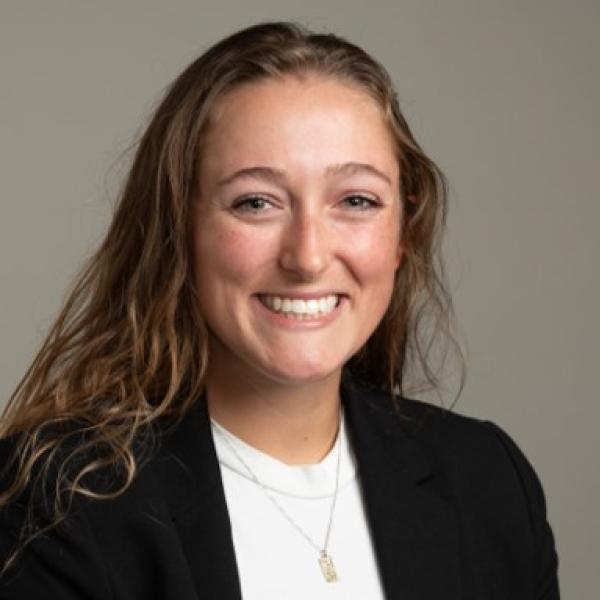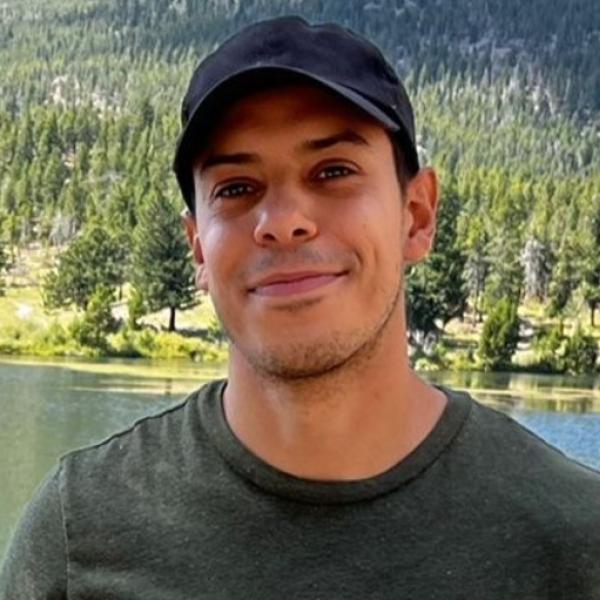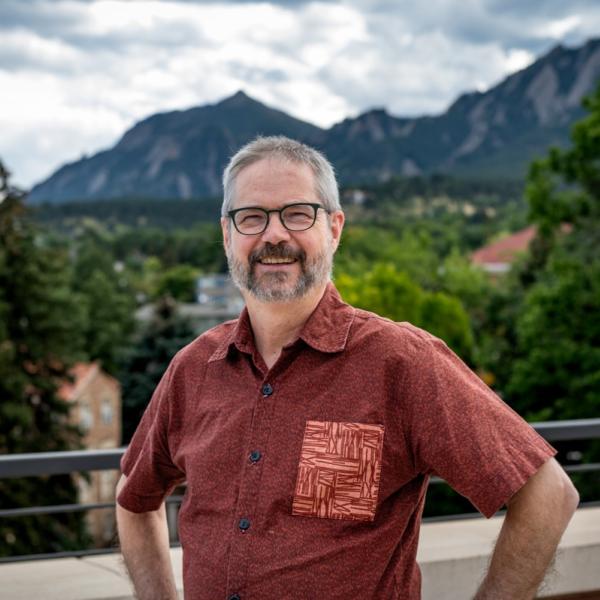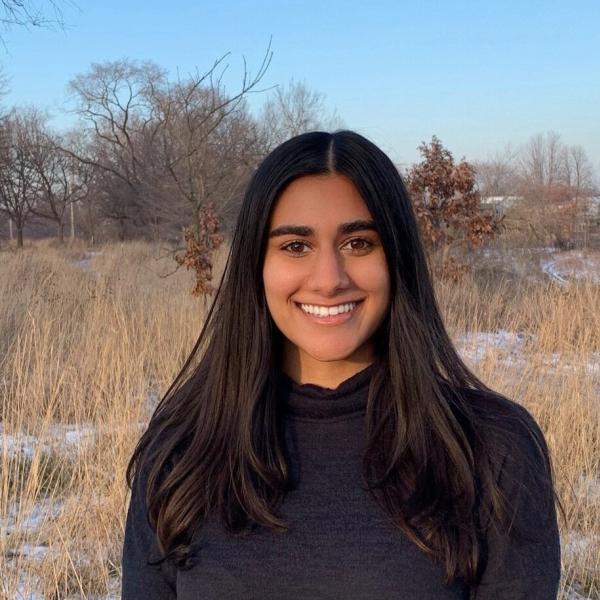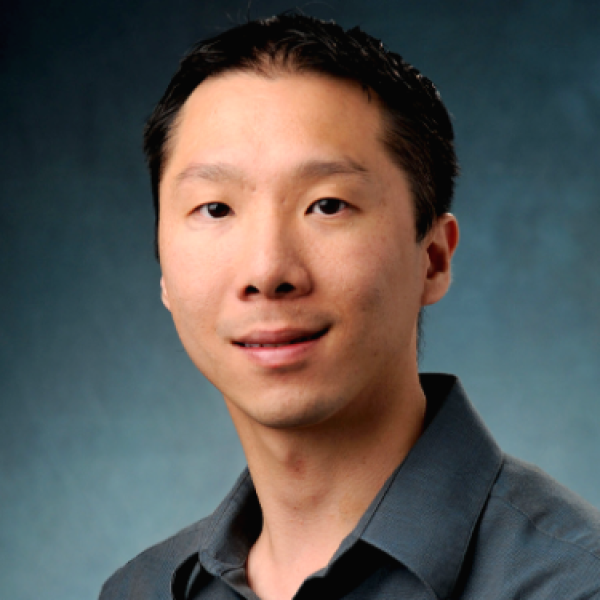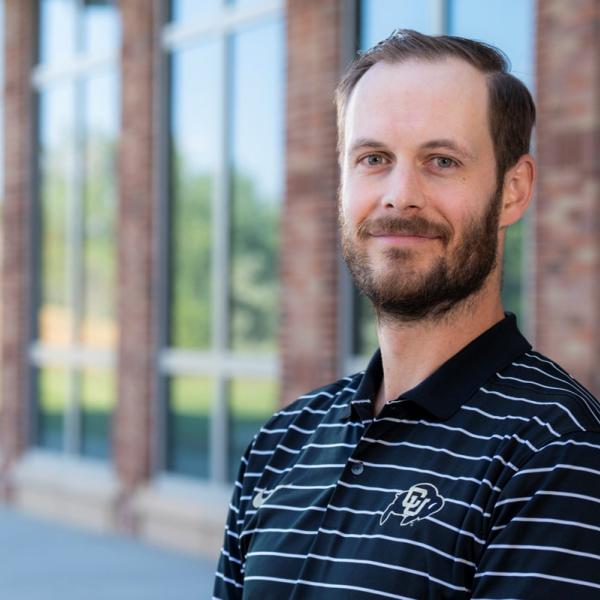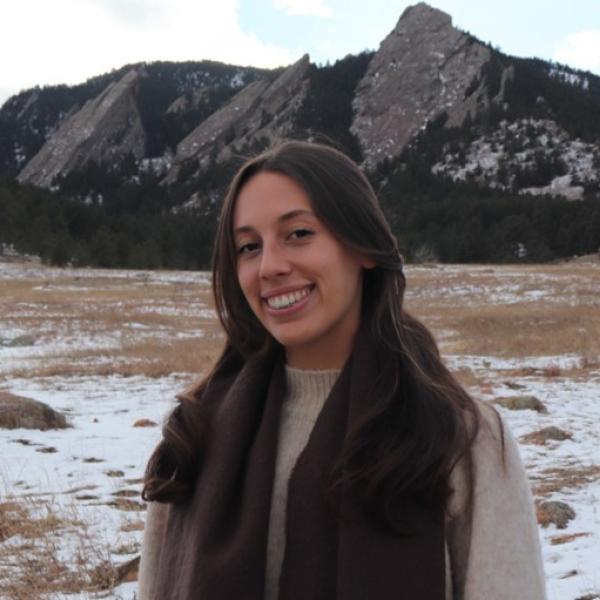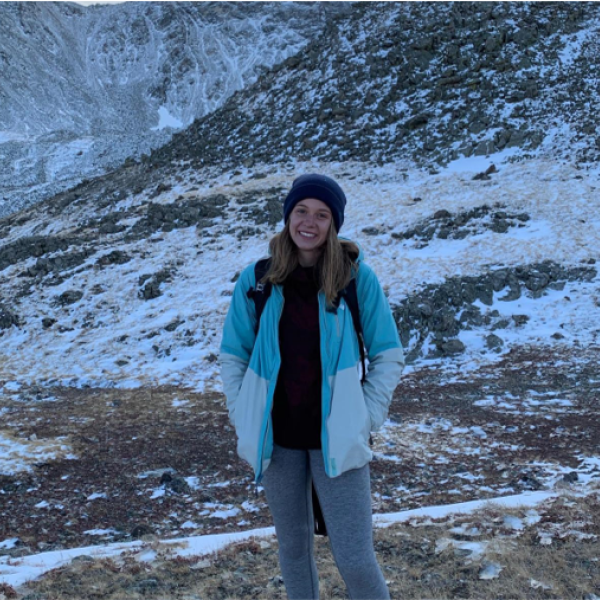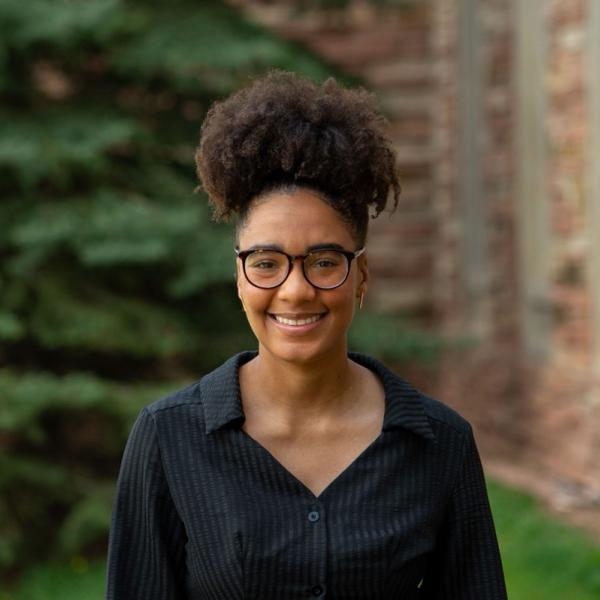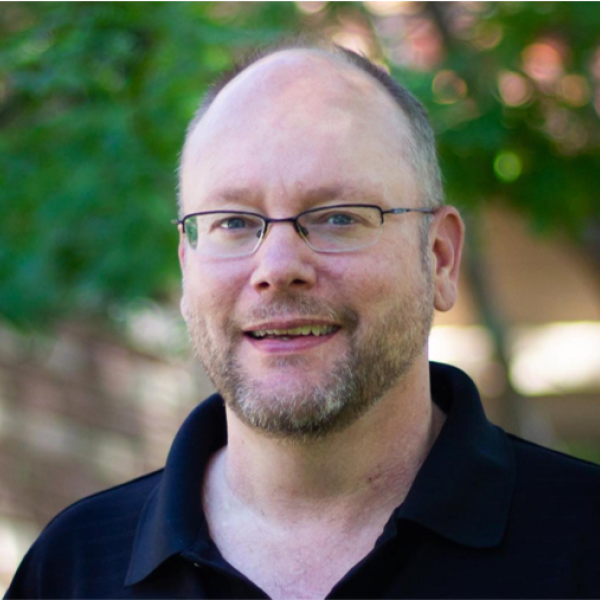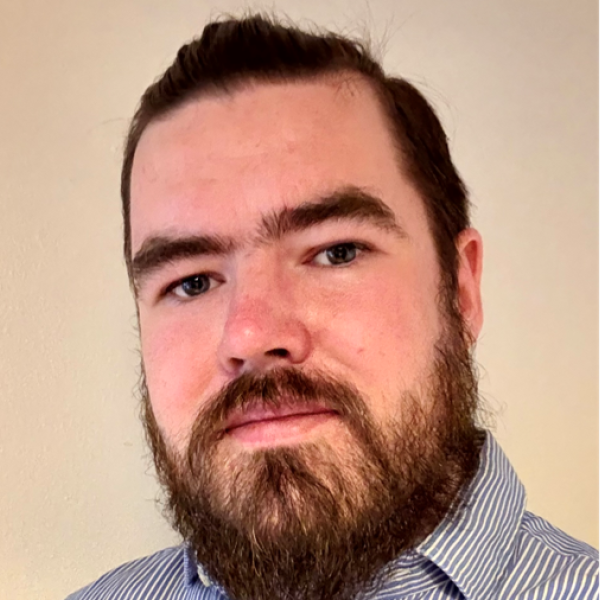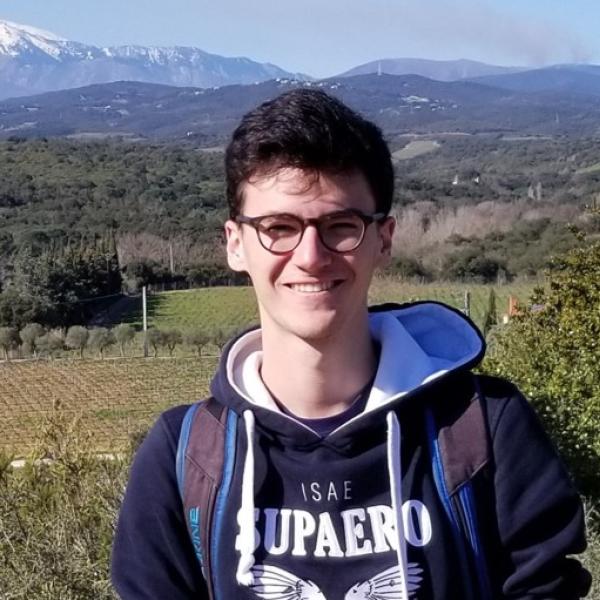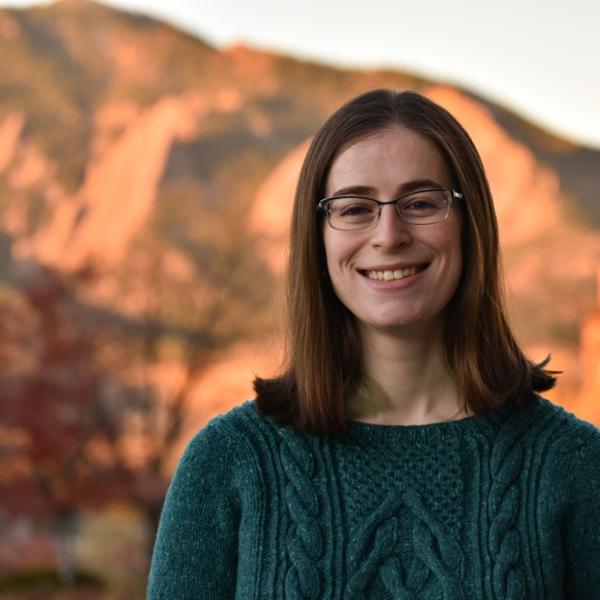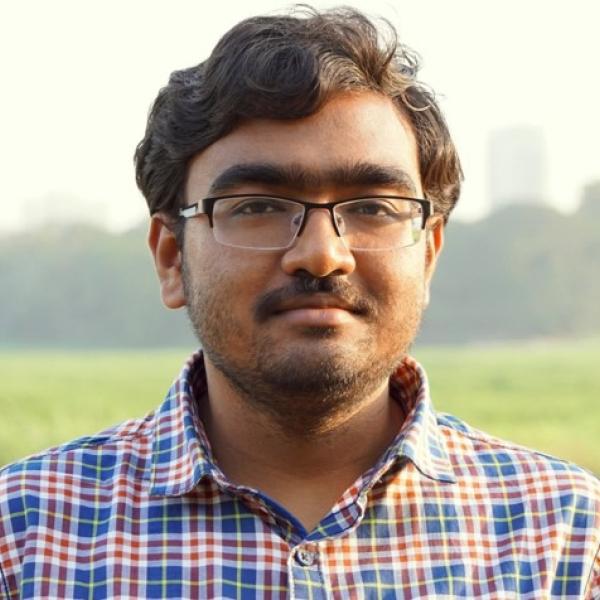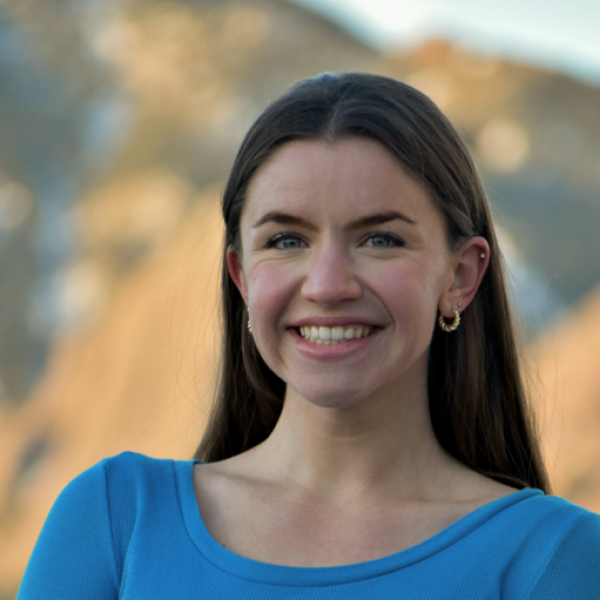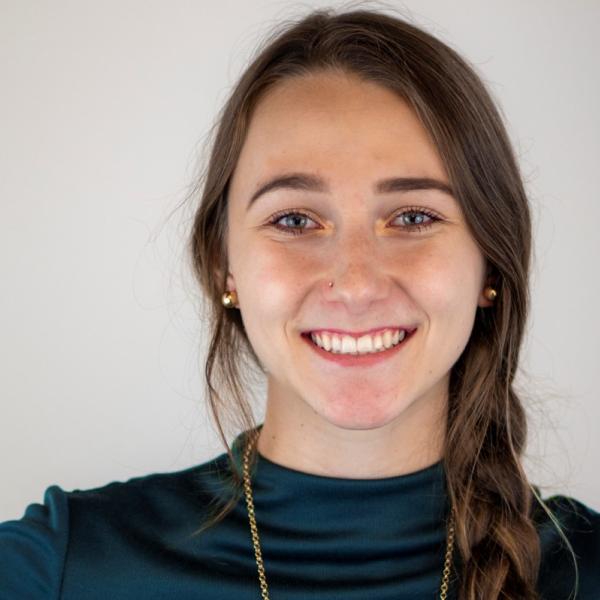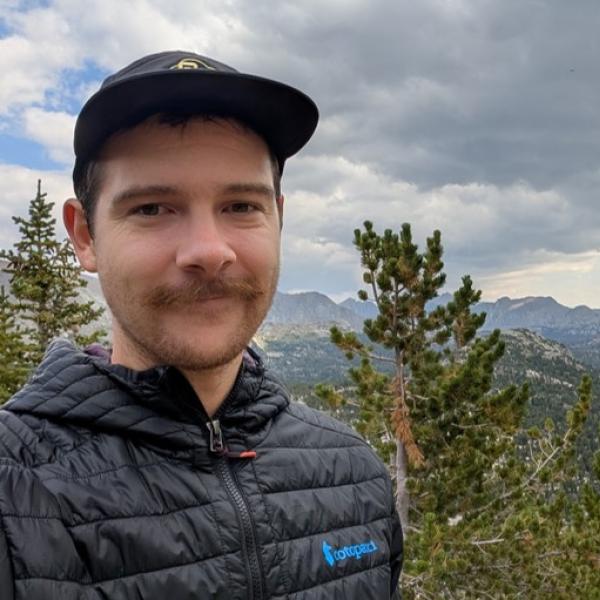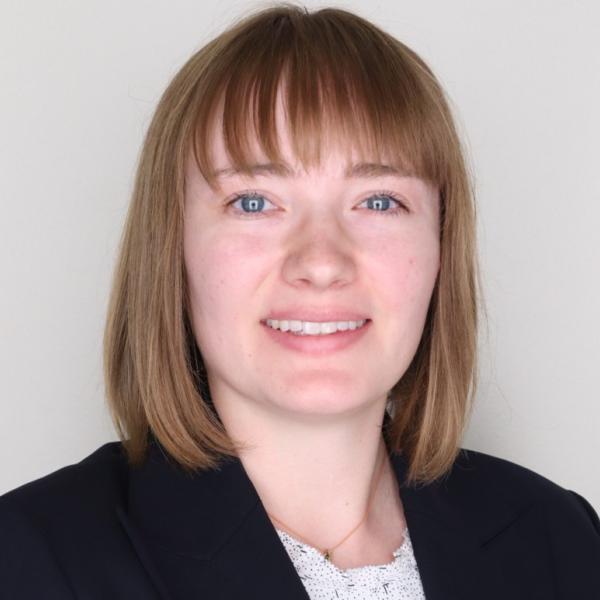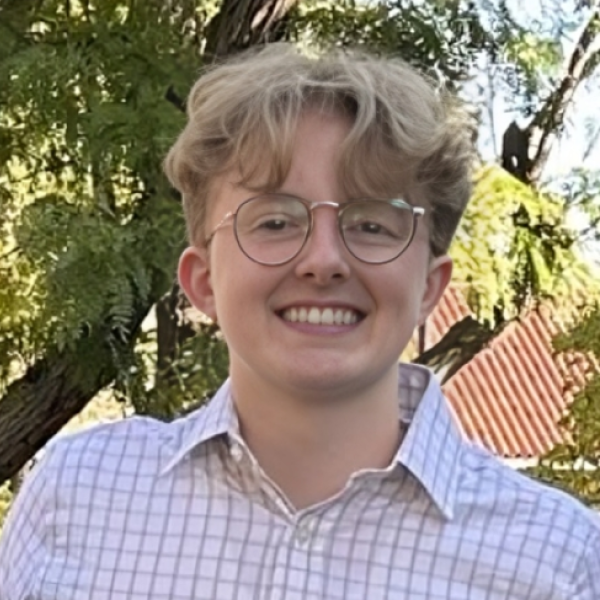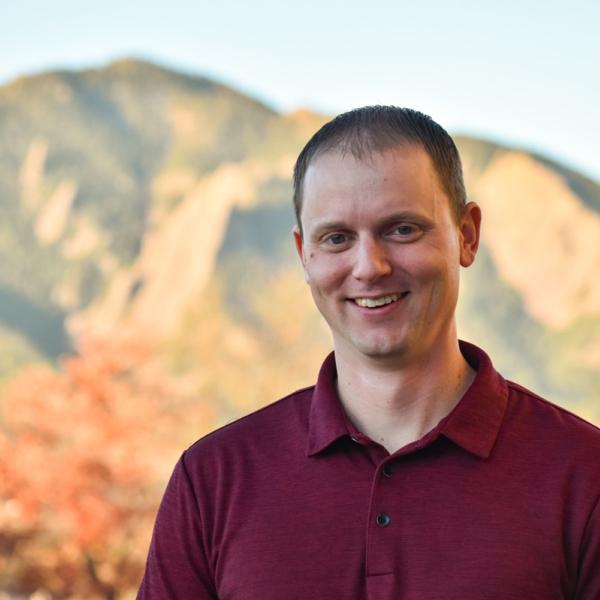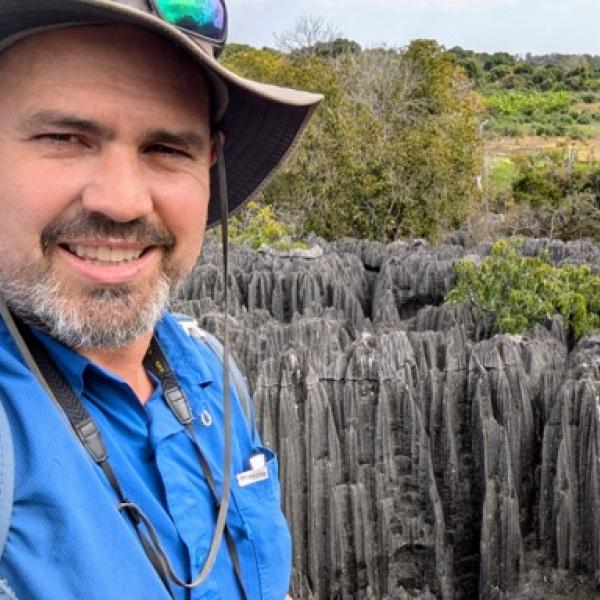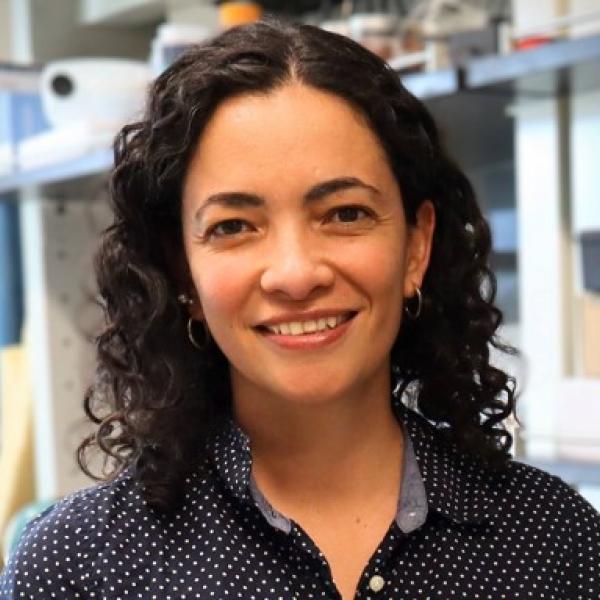Undergraduate Research Experience
Earn hourly wages while engaging in research with college faculty and graduate students.
Conduct research in an area related to your interests with faculty, graduate students, and industry or government partners.
Advice for Future Research Buffs
Anthropology minor, CU Boulder Engineering Fellow and University of Colorado Boulder Anthropology Club former Co-president
» Triple honors for mechanical engineering graduate
Research is an incredibly valuable opportunity for any undergraduate. Research opportunities are an incredibly valuable way to develop deeper connections with professors and interesting material. While it may seem intimidating to try to find open research labs, a lot of professors are very open to taking undergraduate students into their labs. Asking if there are positions available in a lab, or even just asking about a professor’s research, are great ways to try to get involved. I also wouldn’t shy away from trying to find research outside of CEAS if there is an interest in other fields. While the positions may be a bit more informal, many professors outside of engineering are open to working with students who are passionate about their given field of research, or even if students just want to get involved in research. From what I have seen, there are an incredible number of opportunities to get involved in research around campus, and it is a fantastic opportunity. When considering if research is a good path, I would highly suggest just being open. This applies to different opportunities or fields that may or may not have been of interest before. I decided to try the research opportunity my professor was offering, and it was a fantastic experience. I got the opportunity to drive my own research, find my own methods of analysis, and build deeper connections to both the field and my professor. Outside of improving my skills, the experience was an incredible insight into what it is actually like to do research and if I enjoyed it. My research experience helped to give me practical experience in a field that I have a growing interest in and made me start considering research as a potential career path. I would highly recommend any future students to at least keep an open mind, whether it is about doing research or other experiences and opportunities, because sometimes they can lead to unexpected places. Research can be a fantastic avenue of exploration from both a career and academic point of view, but beyond that, it can be personally fulfilling and rewarding.
Space minor
» Mechanical engineering undergrad honored for research
Follow your passion, collaborate with diverse minds, persevere through setbacks, and communicate your research effectively. Embrace the unknown, stay true to your goals, and remember that the true reward lies in making a positive impact on the world. I am committed to continuing my pursuit of knowledge, innovation, and exploration. I carry the lessons and experiences from LASP with me as I look forward to contributing further to the fields of engineering and applied science.
Guest speaker at the Isaac Newton Institute in Cambridge on research with global collaborators
My advice to future students boils down to making connections and don’t afraid to reach out to people you don’t know. Communication is incredibly important in any form of relationship. Talking to researchers, coworkers, classmates, and loved ones has helped me achieve things I didn’t know were options in my lifetime. I can only imagine where those connections, as well as new ones that await me, will take me in my future. Going to college puts you in a position to meet people who can support you in achieving your goals.
Orthopedic Research Society Undergraduate Underrepresented Minority Travel Grant Award, Feb. '23
My advice for future students is to dive into the scientific world, learn about what inspires you and motivates you to go to campus every day and maybe, if you are like me, you will discover who you are, and you want to do next. For me that is research, research in women’s health.
I will say this again, always be curious, think outside the box, literally. Be willing to learn, to learn how to fail and gain experience from them, mainly learn about yourself. Be passionate and excited about what you are doing. As I leave CU, I encourage more students to take the initiative to be a part of this growing community. Learning to collaborate with different experts, students and mentors can be challenging but it is worth it. Trust me.
Minor in Computational Biology
I have learned that collaboration and effective communication are the pillars of success in research. As such, I highly recommend young researchers to put in the effort and invest their time in developing tools that can benefit the research community as a whole. By doing so, we can make our research more accessible, impactful, and contribute to the advancement of our respective fields.
Minor in Music and American Medical Student Association Chapter President
For me, there hasn’t been an activity that I’ve genuinely involved myself in that I’ve regretted. I’ve joined a wide range of opportunities with broad communities of students. Each has taught me new skills and new perspectives. Especially in research, I came into CU planning to work on wet lab lab research but have ended up deep in computational modelling. I never expected to find a love for coding or to pursue a possible career in research. Ultimately, my biggest advice is to seek opportunities that are not only challenging, but also foreign and unfamiliar as those are where you learn and grow the most. This includes finding mentors who will support you and push you to continue learning and growing in your research.
Student Speaker at the CU Hydrological Sciences Symposium (2022), CU Engineering Excellence Fund for SPUR Recipient (2021)
My advice to a future student would entail encouragement to be curious about their classes and the real world research their classes relate to. CU has phenomenal laboratories and funded research, and it is easy to become involved if you want to be. My research position in the McKnight lab started because I was curious about the algae work they did, and my curiosity and dedication have brought me opportunities unique to most undergraduates. I have found it important to have the ability to self-motivate and advocate for yourself because getting involved in research is reliant on reaching out and making connections. If you are able to pursue research, it is because you personally found interest and motivation to pursue it. This makes a research experience incredibly rewarding, stimulating and transformative for your growth as a person and student.
Minor in Business, Engineering Honors Program, Global Engineering Residential Academic Program
My advice to future students interested in a successful undergraduate career in research is threefold: (1) seek out opportunities to start research freshman year, (2) persevere through research challenges, and (3) remember to take time for yourself. My first point addresses the fact that becoming comfortable and proficient with research has a steep and long learning curve. It has taken myself a very long time to understand my mentor’s research to a level that is necessary for making real scientific contributions. Second, the biggest lesson I have learned is that research consists more of failures than success. It is imperative to persevere through these challenges. Finding alternatives or working with mentors to determine new approaches is often necessary. Finally, I believe that taking time away from the research can be extremely beneficial, whether it be for a short time for a quick work-out or even a couple of days to think about other things and approach the research with new energy after taking time away. These three pieces of advice are what have helped me most as an undergraduate and can hopefully help others interested in research as they begin their undergraduate careers at CU.
Global Engagement Award Spring 2022, Research Awards for engineering photography and ways to improve soil stability in earthquakes
My first piece of advice is always apply and take a chance, it never hurts to try. I was originally hired at the Center for Infrastructure, Energy, and Space Testing (CIEST) lab, despite being such a young student, because I knew about photography. It turned out my understanding of photography translated to Particle Image Velocimetry (PIV) research where a high-speed camera tracks the movement of the sand particles and can result is displacement diagrams.
My next piece of advice is to be curious. I love asking questions and understanding the reasons behind various phenomena. The last piece of advice I have is to be a self-advocate. This means expressing the things you are interested in or asking to be part of a new project, my philosophy is it never hurts to ask, the worst that could happen is someone might tell you no.
Physics Minor, Engineering Honors Program, Outstanding Junior Award Recipient, Donald F. Othmer Sophomore Academic Excellence Award Recipient
For undergraduates who are looking to get into research during their time here at CU Boulder, I would advise them to take the opportunity if they are ready for the commitment that it necessitates in order for it to be an enriching experience alongside the usual undergraduate curriculum. If they are ready for this commitment and can find a group that makes them feel welcome, research can be one of the best and most fulfilling components of their college experience, as it was for mine.
I learned that I have immense drive and that once I apply myself to something, I will not quit, no matter how challenging it is. This has allowed me to persevere through some of the most difficult problems I have faced in my undergraduate experience. I found it essential to not be afraid to ask others for help, which is a tough, but humbling, learned skill.
Biomedical Engineering Minor, Neuroscience Certificate
My two pieces of advice for any future student who has a passion for scientific research: get into a lab as soon as possible in your undergraduate career and then expect to fail and have doubts throughout the process. On my first piece of advice, not only with this allow for you to figure out what sorts of research you do and do not like, but it will also allow for you to grow alongside your project(s) as you start to discover what it really means to be a researcher. On my second piece of advice, though scientific research is exciting, it is hard. Experiments will inevitably fail, and you will have to return to the drawing board again and again. Myself and many other undergraduate researchers who I have spoken to have dealt with painful imposter syndrome and the question of if we really have what it takes to pursue research. So, I will end this statement with a message to any future student who is excited and willing to put in the work to perform good scientific research: you are enough, and you can do it.
"This is what a researcher looks like"
Civil, Environmental and Architectural Engineering
Mechanical Engineering
Supervising professor: Michael Rivera
Computer Science and Computer and Electrical Engineering
Supervising professor: Torin Clark
My hobbies include reading for pleasure and learning, playing video games competitively (such as FPS, Fighting, and Strategy) and single-player games, and exploring the world with my friends. I enjoy having the balance of immersing myself in the worlds of others' imagination and getting involved with mine.
My research project is focused on creating an optimal team with a human and autonomous system for deep space missions. We do this by measuring three cognitive states, Trust, Mental Workload, and Situational Awareness, to monitor the human and the autonomous system adjusts itself to work well with the human's current state. We are also trying to understand the relationship with a human-autonomy team to create the most efficient, enjoyable, and independent dynamic for the human operator, especially when our space missions venture further into deep space and missions become more dangerous and communication has longer latency times with mission control.
My role is helping debug code, assisting with data collection, and having a literature review to assist in encouraging more approaches to understanding the relationship between the human and the intelligent system. I have been able to create a hypothesis that has not been looked into deeply in the subject; "How would the human's trust be affected if we are to tell the human that their monitored data is going into the autonomous system versus withholding that information from the human.
Chemical Engineering
Supervising professor: John Crimaldi
Aerospace Engineering
Supervising professor: Penina Axelrad
Chemcial Engineering
Supervising professor: Robert Davis
CU Engineering Undergraduate Research Opportunities gives students first-hand experience to learn from seasoned professionals in the field. These outstanding research mentors have helped students grow their professional networks and shared insider knowledge and wisdom about research.


